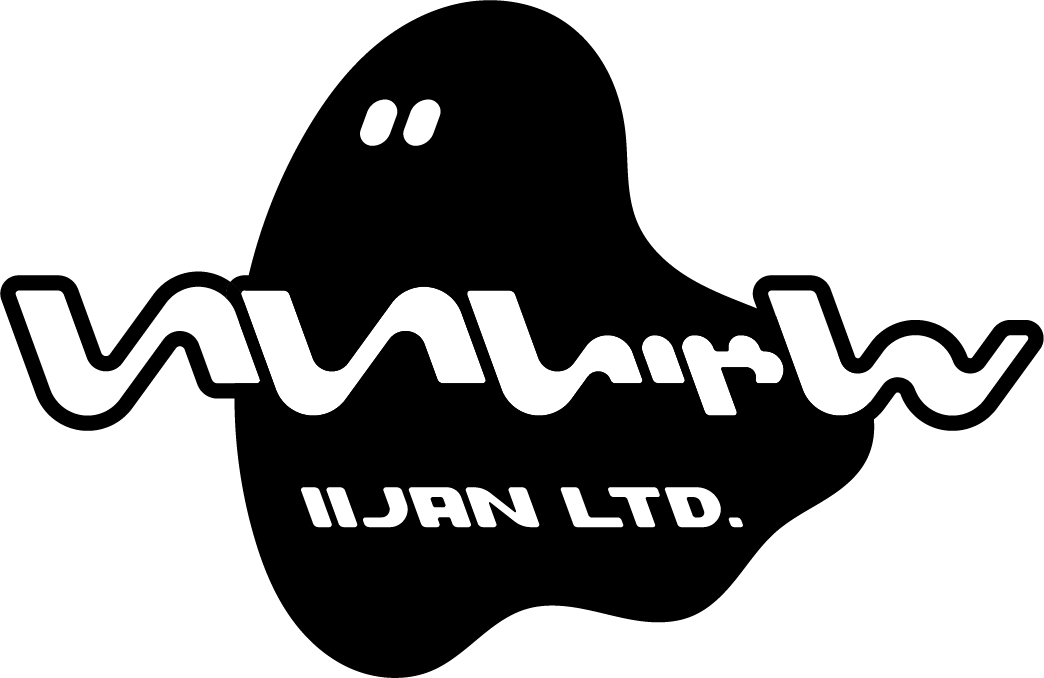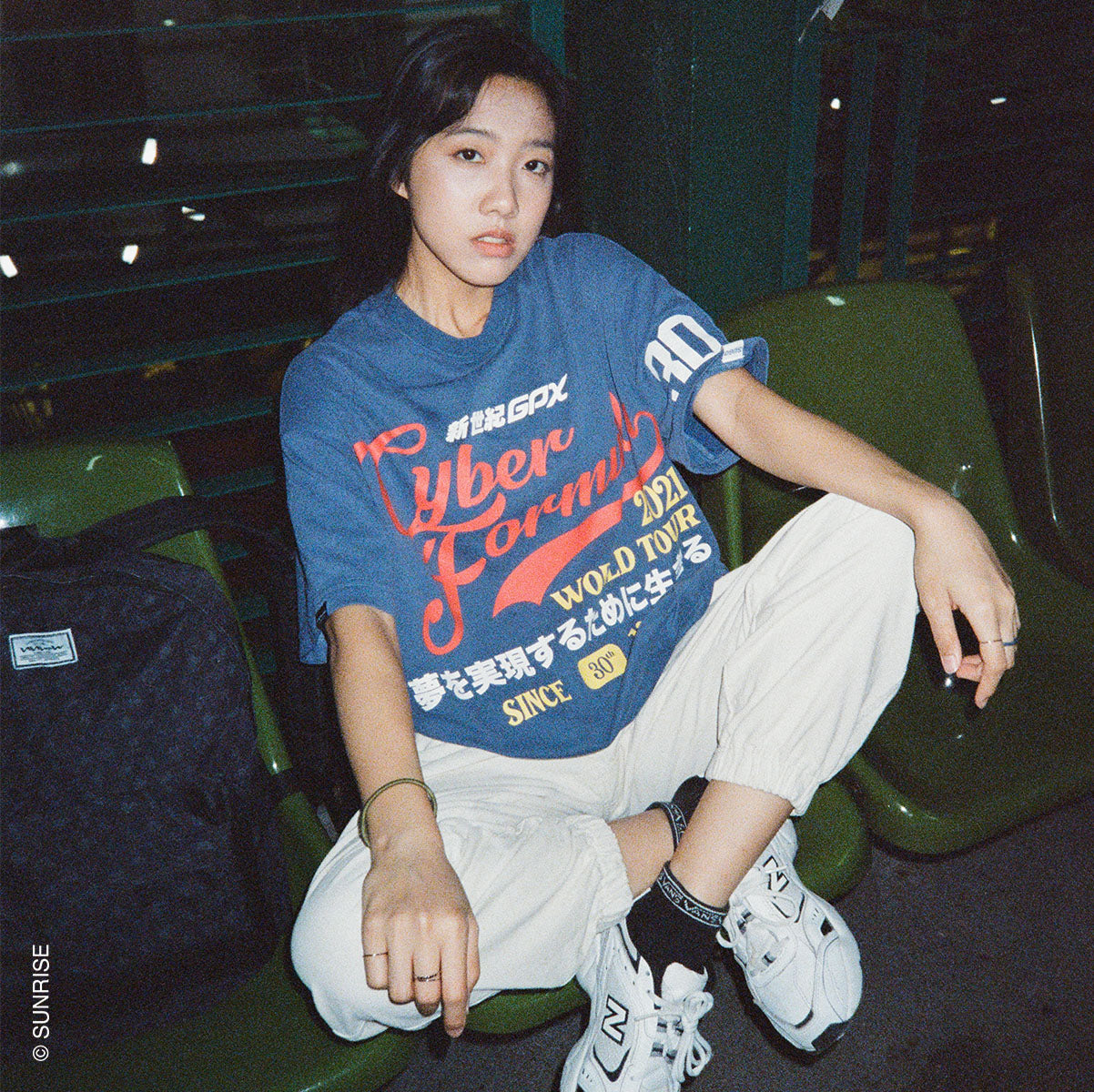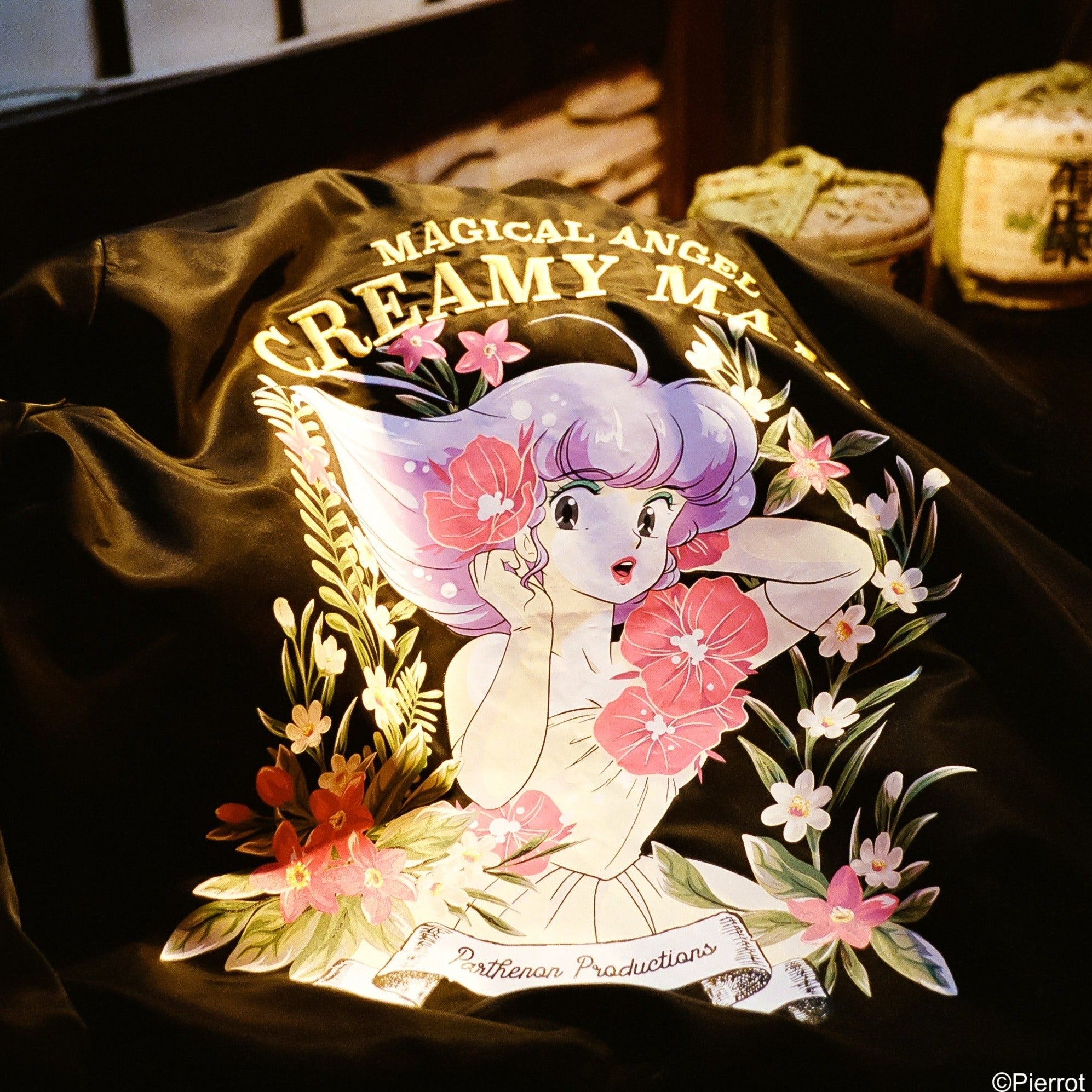【Furusato P (Producer) Anime Path】Episode 9: Witnessing the Professional Work of Amazing Voice Actors
Finally, the recording for the first episode of "Cyber Formula SAGA" is about to begin. For me, this is the first time meeting the voice actors. While I had met some of them through other projects, about half of them were new to me. Before the recording started, Sound Director Fujino invited Director Fukuda and me into the recording booth. Fukuda, having worked with this team multiple times, was calm and composed, but I was extremely nervous.
Fujino briefly explained the content of the project and then introduced me as the new producer. Nervously, I introduced myself in front of the assembled team. I can't remember exactly what I said.
I probably said something like, "I'm Furusato, the new producer, and I'm also new to Cyber Formula." Fukuda confidently explained the theme and plot of "SAGA," and I stood by thinking how experienced he seemed.
In the booth with the voice actors—which is often called a fishbowl—there were three microphones set up. A large monitor was mounted on the wall. On our side, where the recording equipment, control board, and speakers were, were Producer Tamura from Vap, Music Producer Fujita from Airs, Writer Ryosawa, Sound Director Fujino, Sound Engineer Nishizawa (Norifumi), an assistant sound engineer, the director, Fukuda, and me. In the waiting room outside were Chida from Cruise and the voice actors' managers.
After the introductions, time moved on to the recording tests and the main session. The film (video) was in a rough animation stage, not yet in color due to scheduling constraints. This weighed heavily on my mind. However, the voice actors knew their characters well.
The recording for the A part of Cyber Formula began. Familiar voices, such as Hayato and Asuka's, flowed from the speakers in our room. We were witnessing the moment when the "Cyber Formula SAGA" was being brought to life with 'voices.'
After the first test, acting directions were given. Director Fukuda provided detailed instructions on the performances and made adjustments to the lines. Sound Director Fujino mentioned that since the recording would be in stereo, overlapping voices would be recorded separately. He instructed the voice actors to record certain parts during the second take instead of the main recording. The voice actors made notes in their scripts, jotting down various directions and line adjustments. They also determined their positions relative to the microphones. Everything progressed smoothly and efficiently, a testament to their experience. Watching this, I thought to myself, this is the work of professionals.
The second test began, with even more detailed instructions. Finally, it was time for the main recording.
The main recording session started, with a tense atmosphere filling the room. The main track was recorded, followed by the individual parts. If there were any issues, such as technical lip noise or sounds from turning the script pages, retakes were necessary. The A part proceeded quickly, thanks to the seamless coordination between the voice actors and the sound staff, who had already worked together on the TV series and OVA.
Fujino asked me, "Do you have any comments?" As a newcomer to Cyber Formula, I lacked the experience to notice anything significant or know what to say. "Uh, no, nothing," I managed to reply.
There was a break between the recording of the A part and the B part. During this time, I exchanged business cards with the managers. The voice actors reviewed their scripts or chatted with their colleagues. Fukuda mingled with the voice actors, asking them questions about the B part or when the release was scheduled. He then turned to me and asked, "When is the first volume scheduled for release?" Flustered, I answered as best as I could. Overall, I felt like I was scrambling around the entire day.
Honestly, I can't remember all the details of that day, but I do recall that the voice actors were considerate and made an effort to speak with me. With so many names, roles, voices, and other details to remember, it was quite a hectic event day, and I look back on it with a distant gaze.
There is one thing I do remember—the first impression I had of Junichi Kanemaru, who voices Hayato.
When I first met him, I was slightly surprised by his height. After all, the TV version of Hayato is 14 years old and small in stature. While Hayato grows taller in "SAGA," I imagine that in real life, a racer would benefit from being lighter, even if they build muscle. This is because a lighter car has better speed. These were the kinds of thoughts I had when Kanemaru, with a bright smile, greeted me in a refreshing voice. "I'm Kanemaru. Nice to meet you."
Time passed, and on January 22, 2023, there was a screening and talk show for "Cyber Formula SIN Volumes 3-5" at Ikebukuro Grand Cinema Sunshine. I met Kanemaru again after a long time, and his voice was still as refreshing as ever. Smiling, he said, "It's been a while. How many years has it been since we last met?" I couldn't remember either, and we both laughed. Talking with Kanemaru often makes me think that he has a rare ability to convey the purity of a young boy.
For the recordings of episode 2 and beyond, I gradually became accustomed to the process. Little by little, I started to express my own opinions based on what I felt.
I had already met voice actors Hikaru Midorikawa and Ryoutarou Okiayu during the recording sessions for the Brave series, specifically "Brave Express Might Gaine" (hereafter referred to as "Might Gaine"). Midorikawa played Joe Thunder in "Might Gaine" and often participated in dubbing sessions to learn and improve. I also attended those dubbing sessions, so I remember greeting and conversing with him. The sound director had told him that it was important for new voice actors to observe and understand the dubbing process, so he participated as a part of his training.
Observing which takes were used, how sound effects and music influenced the perception of his voice—all these technical and performance aspects were important learning points. I remember discussing these things with Midorikawa. Okiayu voiced many Brave robots. To me, rather than the voice of Heinel, he was the voice of the robot protecting Earth.
When it comes to Brave robots, for me, it's "Exkaiser," and the voice behind it is Shou Hayami. In "Cyber Formula SAGA," Hayami plays Schumacher and Asuka’s brother. It was the first time I saw Hayami playing a human character. Incidentally, Hayami also voiced the main robot in "Da Garn." To me, Hayami embodies the Brave robot itself.
Even now, the voice actors I met during "Cyber Formula SAGA" greet me warmly whenever they see me at a recording studio. It’s a blessing. I consider voice actors to be crucial staff members who create anime together with us, comrades who have shared meals from the same pot.
In "Cyber Formula," my favorite character was Randall. I was particularly drawn to the voice of Yoko Matsuoka, who played Randall. At that time, Matsuoka was also voicing Kitaro in "GeGeGe no Kitaro," and I found her boyish voice wonderful. Later, Matsuoka voiced Ginga in "Gear Fighter Dendoh" and Maria-sensei in "My-Otome."
By working together, I got to know the voice actors' voice qualities, acting skills, natural voice tones, and personalities, which helped me in "atogaki" (writing scripts with specific actors in mind).
At Sunrise, we were raised with the mindset that creating original anime was the norm. As such, I often wanted to cast certain voice actors for original characters, knowing their usual demeanor, like someone who laughs a lot being perfect for a character that laughs often. For example, having someone from Kyoto use a Kyoto dialect. I was allowed to do "atogaki" style casting for several projects and works.
Sometimes, we even chose voice actors whose faces resembled the characters, reasoning that a similar facial structure and physique might produce a more fitting voice. We also considered more detailed aspects like husky voices or other unique traits to match a character’s personality.
Therefore, I always wanted to hear the natural, unacted voices of the voice actors. In voice actor auditions, before they started their performances, they would state their agency name and their own name, allowing us to hear the range from their natural voice to their actual lines.
I'll write more about voice actor auditions another time.
For a certain protagonist’s audition, we had about 50 voice actors recorded on cassette tapes and had to listen to them all to narrow it down to one person. This was a daunting task. Unlike CDs, cassette tapes don’t have chapters, making it extremely difficult to re-listen and review.
Now for a behind-the-scenes voice actor story.
After recording sessions, we sometimes held light celebratory dinners or drinking parties. When ordering from the menu, I often couldn’t get the attention of the restaurant staff by calling out. In such cases, a voice actor would step in and call the staff with a "good voice." Even in a noisy environment, their voices would carry and reach the staff’s ears. This is very convenient, and when I mentioned it, the voice actors would agree and say, "Exactly!" This happened several times.
I think this is a common experience with voice actors.
P.S.:
I've also started the YouTube channel "Furusato P Anime Road" today, so please make sure to subscribe and check it out.
🔻Here is the link
https://www.youtube.com/channel/UC_jrvVljSFUhGmxpCvYuq5A
🔻Furusato P Photo Album: This Week's Photo

Naotake Furusato
Born on May 3, 1961, in Aomori Prefecture, Japan, began his career in the anime industry in 1982 as a production assistant at Nippon Animation. By 1985, he was working as a production assistant on Studio Ghibli's "Castle in the Sky." In 1987, he joined Sunrise, where he contributed as a production progress staff, setting creator, production desk, and assistant producer (AP) on projects like "Mister Ajikko" and the "Brave Series." He was promoted to producer starting with "Future GPX Cyber Formula SAGA" and went on to plan and produce 14 original animation titles, including "Outlaw Star," "GEAR Fighter Dendoh," "Go! Machine Robo Rescue," "Mai-HiME," and "Mai-Otome."
In February 2011, Furusato established his own planning company, Odd Eye Creative, Inc. He served as planner and producer for series such as "Phi Brain: Puzzle of God" and "Cross Ange: Rondo of Angels and Dragons." He also assisted in planning "Revue Starlight" and participated as an associate producer on "Grendizer U." Currently, he is involved in the gaming sector and is preparing new projects.





Leave a comment
This site is protected by hCaptcha and the hCaptcha Privacy Policy and Terms of Service apply.